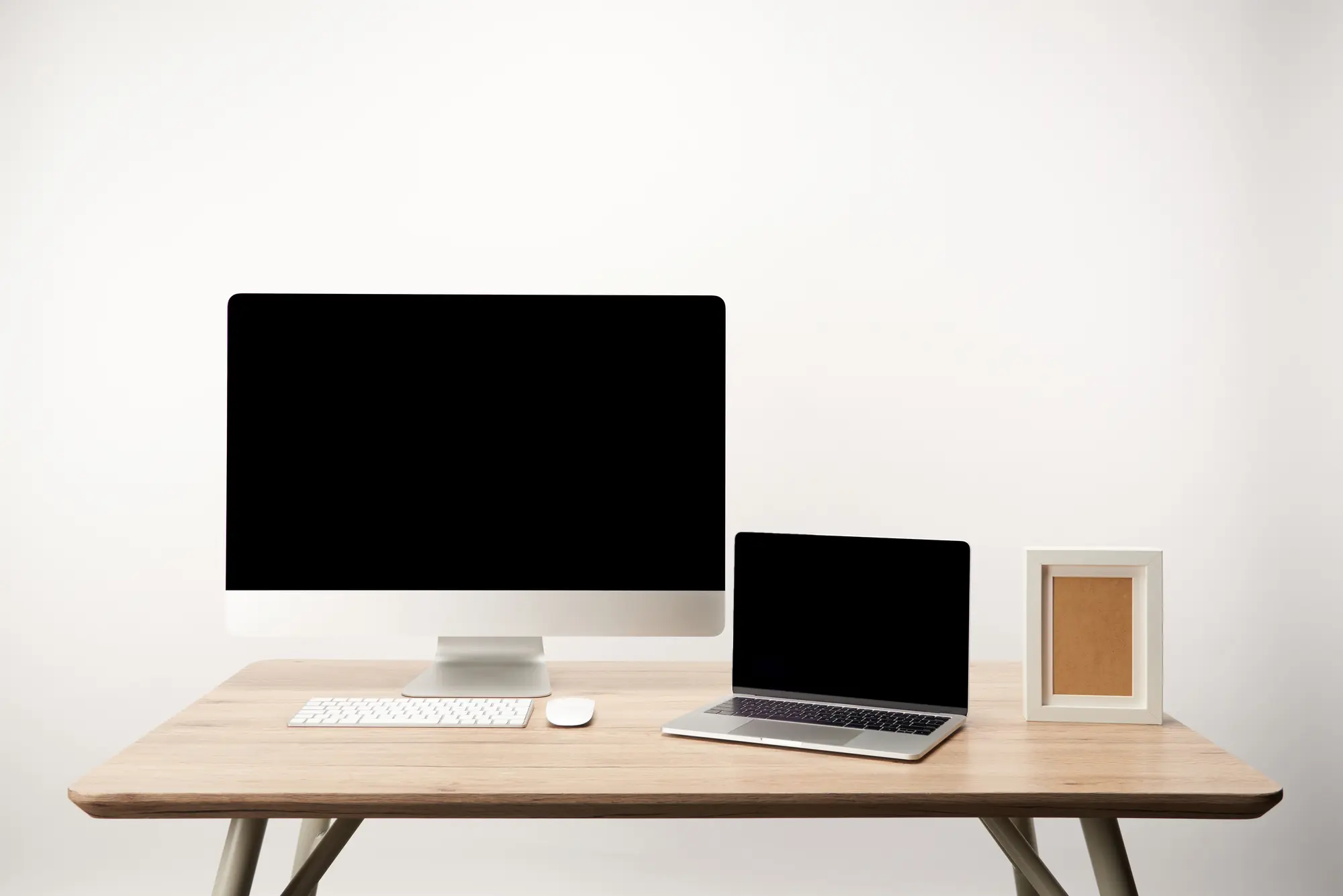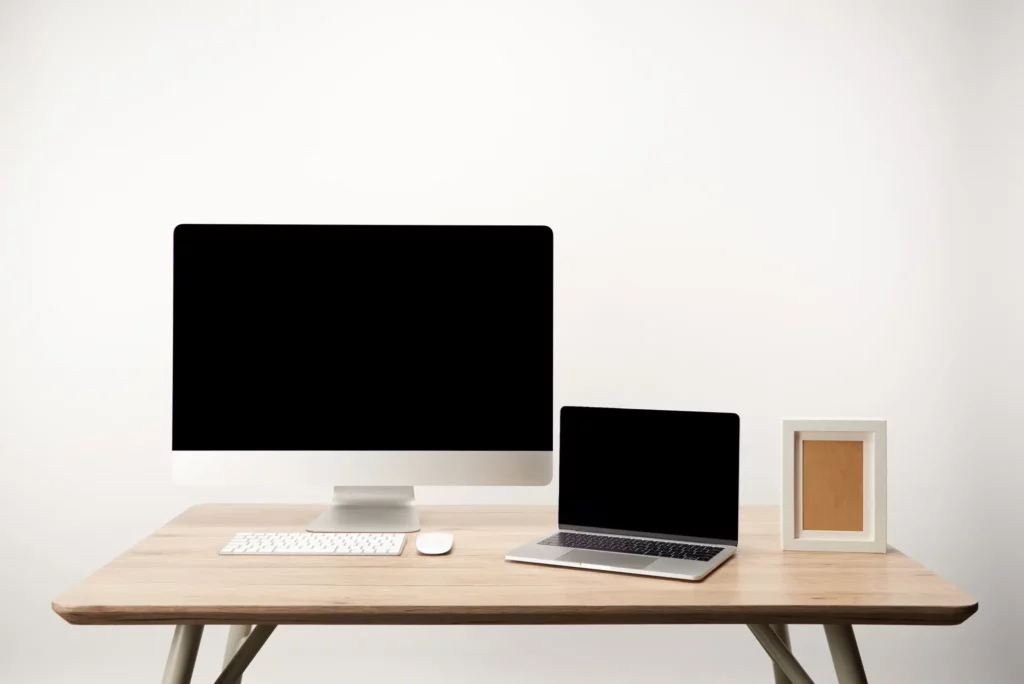Get us to call you
Fill in your details below to receive a call back quickly.
Fill in your details below to receive a call back quickly.
Fill in your details below to receive a call back quickly.
Fill in your details below to receive a call back quickly.

We get this question a lot at SouthEast IT. Which one is the better option for your business? This is a question that many companies face when it comes to choosing the right technology for their employees. Both laptops and desktops have their own advantages and disadvantages, and the best choice for your business will depend on your specific needs and budget.

One of the main advantages of laptops is their portability. Laptops are designed for portability and travel, making them perfect for employees who need to work outside of the office, at home or for businesses that have a mobile workforce without needing a separate computer at home. They are also great for employees who need to work remotely or for those who travel frequently. With a laptop, employees can work from anywhere with an internet connection, which can increase productivity and flexibility.
or fill in our online enquiry form today to contact us.
However, laptops also have some disadvantages. One of the main drawbacks is their limited lifespan. Laptops have a shorter lifespan than desktops, and they are also more prone to damage and repairs. Additionally, laptops have a smaller screen size than desktops, which can be a disadvantage for employees who need to work with large amounts of data or for those who need to work with multiple windows at the same time.
Desktop computers, on the other hand, have a longer lifespan than laptops and are more durable. They are also more powerful than laptops, making them ideal for businesses that need to handle large amounts of data or for those that require high-performance computing. Desktops also have the option of a larger screen or multiple monitors, which can be beneficial for employees who need to work with large amounts of data or for those who need to work with multiple windows at the same time.
or fill in our online enquiry form today to contact us.
Another advantage of desktop computers is their upgradeability. Desktops can be easily upgraded with new components, such as more memory or a bigger SSD or multiple disk drives allowing you to run Windows on a small fast disk and keep your data on a large slower but more cost-effective drive. This can help to extend their lifespan. This is particularly important for businesses that need to stay competitive and need to keep up with the latest technology. Desktop machines are also getting smaller and smaller making them easier to conceal or place on your desktop without taking up too much space. This is convenient to access USB ports for charging your favorite device or using a USB drive
However, desktops also have some disadvantages. One of the main drawbacks is their lack of portability. Desktops are designed to stay in one place, which can be a disadvantage for employees who need to work outside of the office or for businesses that have a mobile workforce. Additionally, desktops are not as versatile as laptops, and they do not come with built-in cameras and microphones.
In conclusion, both laptops and desktops have their own advantages and disadvantages, and the best choice for your business will depend on your specific needs and budget. Laptops are portable and versatile, making them ideal for businesses that have a mobile workforce or for those that need to work remotely. However, laptops have a shorter lifespan than desktops and are more prone to damage and repairs. Desktops, on the other hand, have a longer lifespan, are more powerful, and can be upgraded with new components. But they lack portability and versatility. Ultimately, businesses should carefully consider their needs and budget before making a decision. It is also important to note that a combination of both laptops and desktops can be a great solution for many businesses.
Feel free to contact SouthEast IT if you have any questions about which is the right choice for your business and we can help you purchase and setup your machine including installing all your programs and transferring your data for a competitive price.
or fill in our online enquiry form today to contact us.